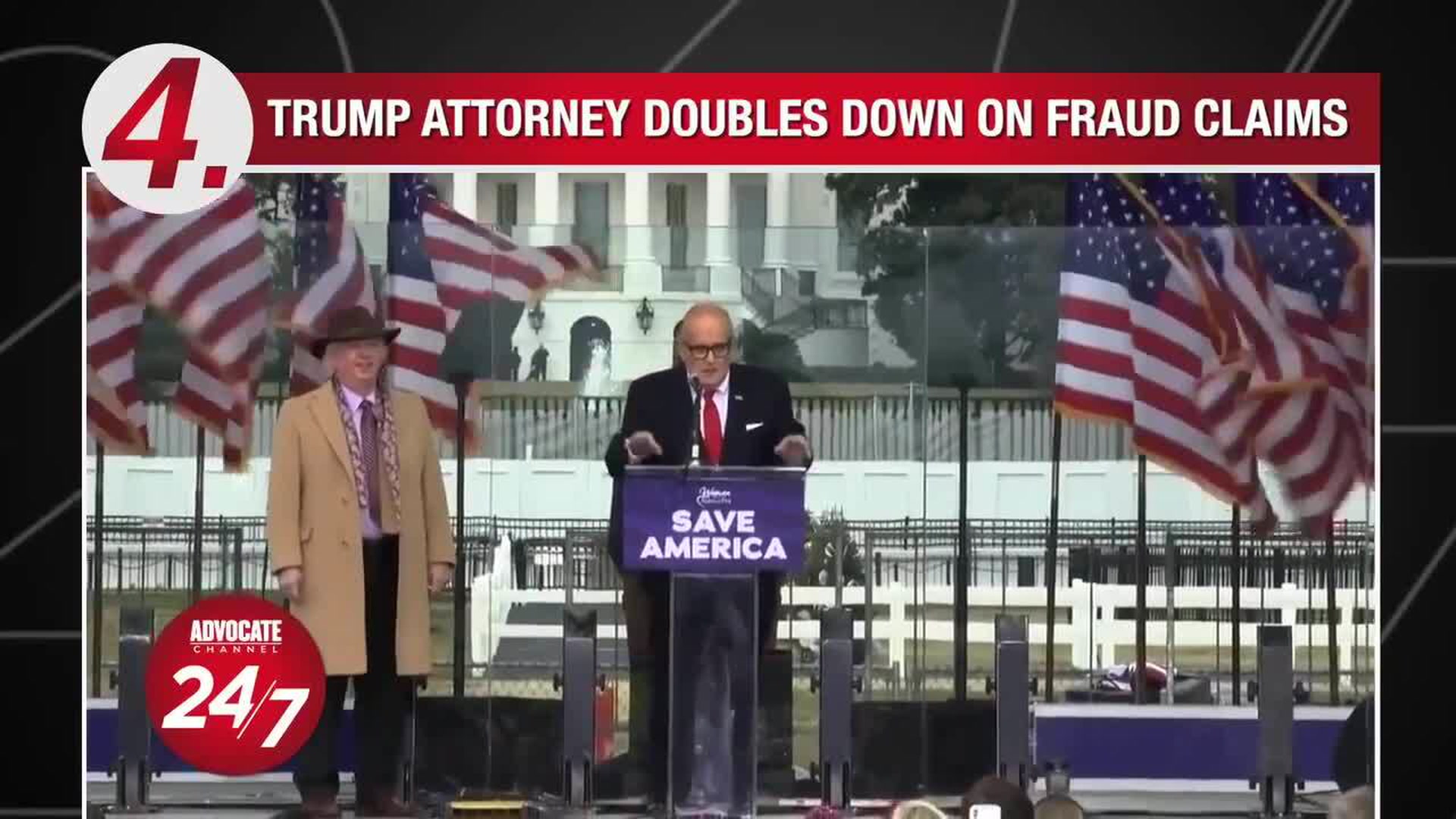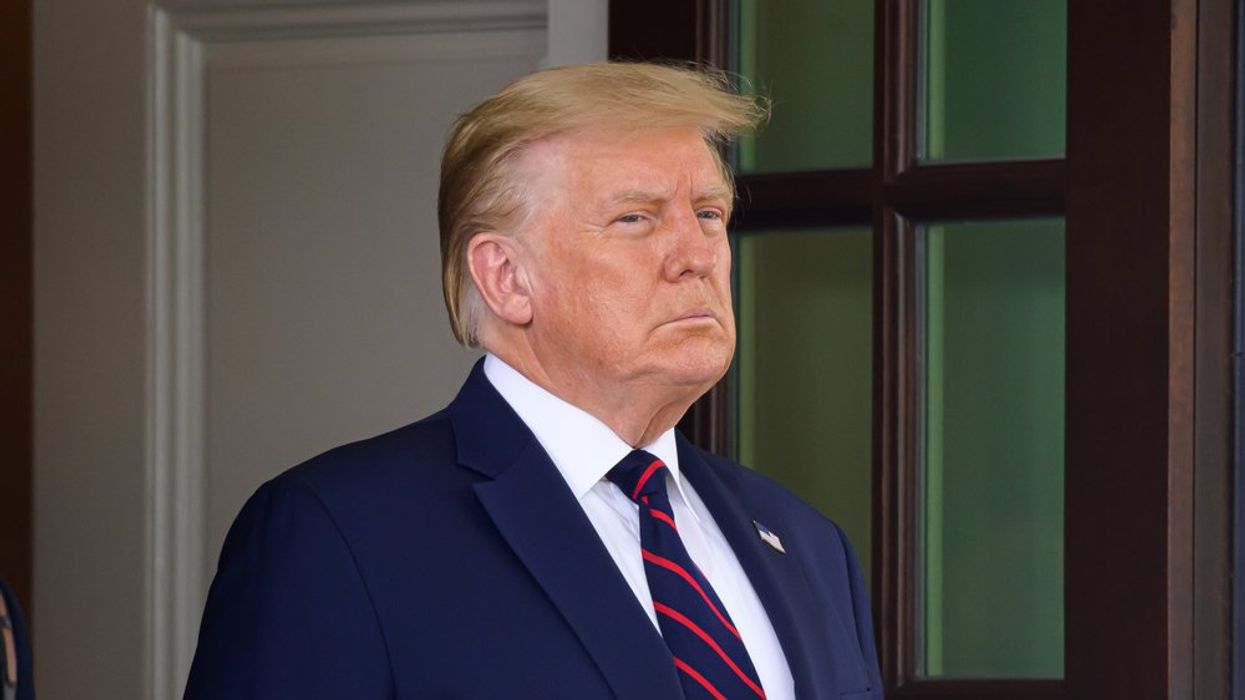As he faces nearly 100 criminal charges at the federal and state levels, Donald Trump has made it clear that he intends to circumvent any guilty verdict by winning the presidency in 2024 and pardoning himself.

While debate still exists around whether or not the former president could pardon himself if his is convicted, there are several factors preventing him from pardoning himself of the most recent charges brought against him in Georgia.
Can a president pardon himself?
As it is an unprecedented situation in U.S. history, it is unclear if a president who has been convicted of a crime possesses the power to pardon themself.
Article II, Section 2, Clause 1 of the U.S. Constitution only states: "The President ... shall have Power to grant Reprieves and Pardons for Offenses against the United States, except in Cases of Impeachment."
Many legal experts and scholars maintain that a president's pardon power does not extend to themself, but some disagree. The decision would most likely be left in the hands of the Supreme Court.
Regardless, a president's pardon power only applies to federal charges.
Can Trump pardon himself in Georgia?
If convicted of the most recent charges against him, Trump would not be able to pardon himself, as they are state charges. In most cases, only the governor of a state can pardon state-level offenses.
Georgia, however, is a special case.
Can the Georgia Governor pardon Trump?
As of 1943, the governor of Georgia does not have the ability to pardon criminal offenses. Only the Georgia State Board of Pardons and Paroles, a five-member panel, can issue pardons. Members are appointed by the governor, but are limited by seven-year terms.
While debate still clouds whether or not Trump could dismiss the federal charges or convictions against him, he most certainly could not escape those in Georgia. And as the prosecution prepares for trial, it seems increasingly likely that the former president will be found guilty.
Why is Trump being tried with his lawyers?
Fulton County District Attorney Fani Willis, who has led the state's investigation against Trump, said that she intends to try Trump and his 18 co-conspirators together. This is called a joint trial, and beyond saving the court's time and resources, it will also put the former president on the same playing field as the defendants who are not public figures.
How will the Georgia trial differ from the federal trials?
Unlike most federal trials, cameras are allowed within the courtroom. The trial in Georgia will be televised in its entirety, making the process fully transparent to the public.
Trump and his allies will also be arraigned the same as any other defendants going through the state's legal system. They will be booked, fingerprinted, and have their mugshots taken. Arrest warrants have been issued for all parties, including Trump, who have until August 25 to surrender themselves voluntarily.
Willis has also stated that she is aiming for a trial date to be set within the next six months, well before the 2024 presidential election.


















































